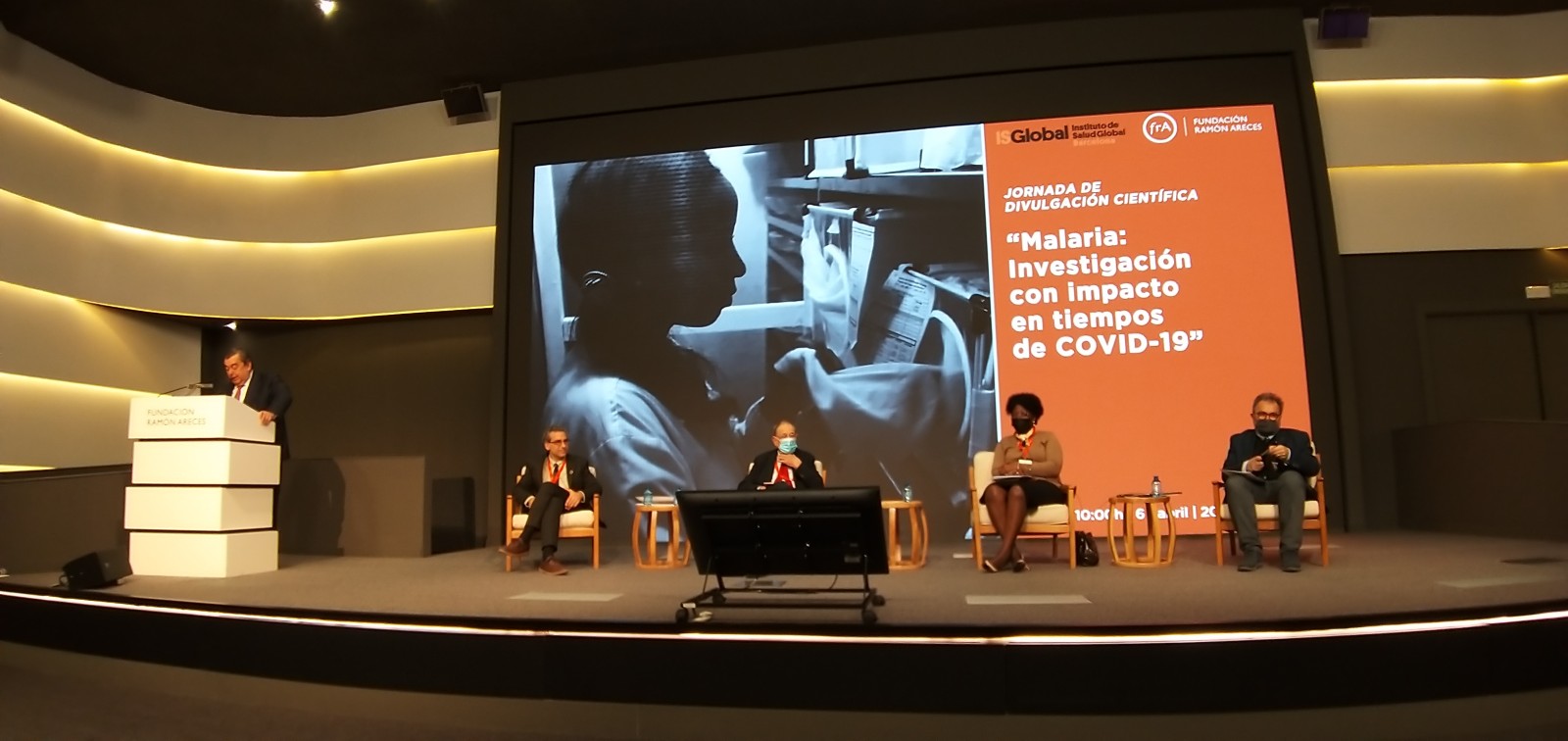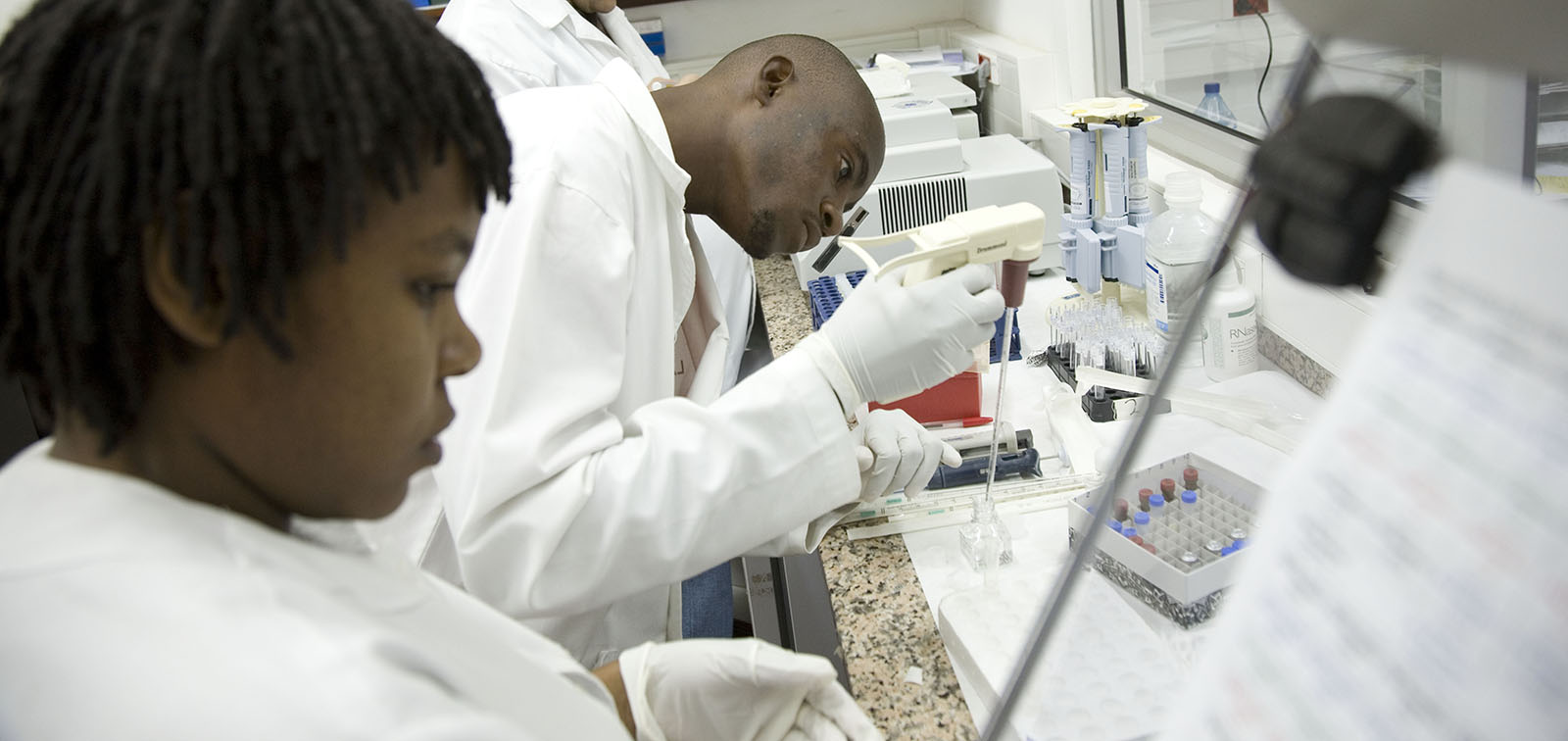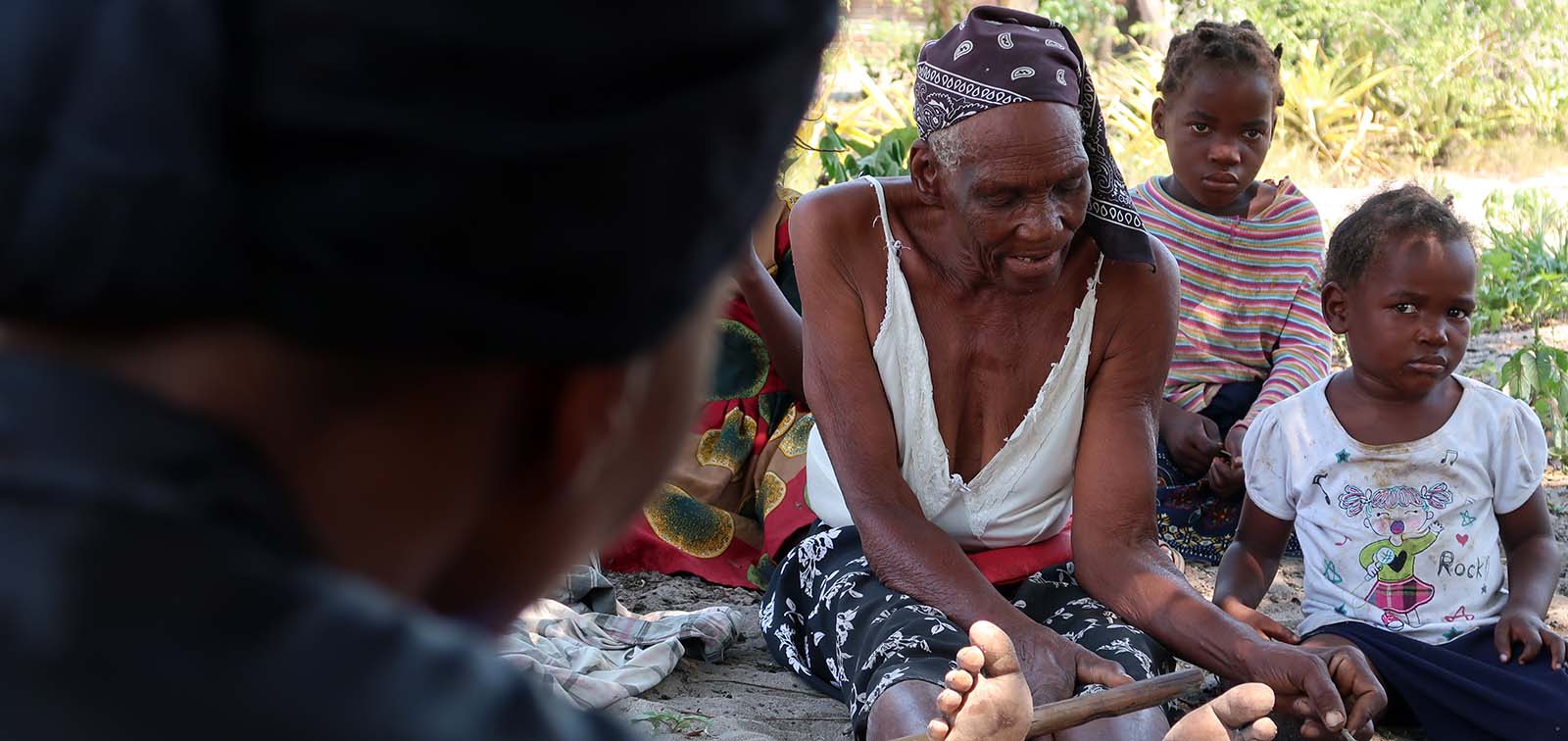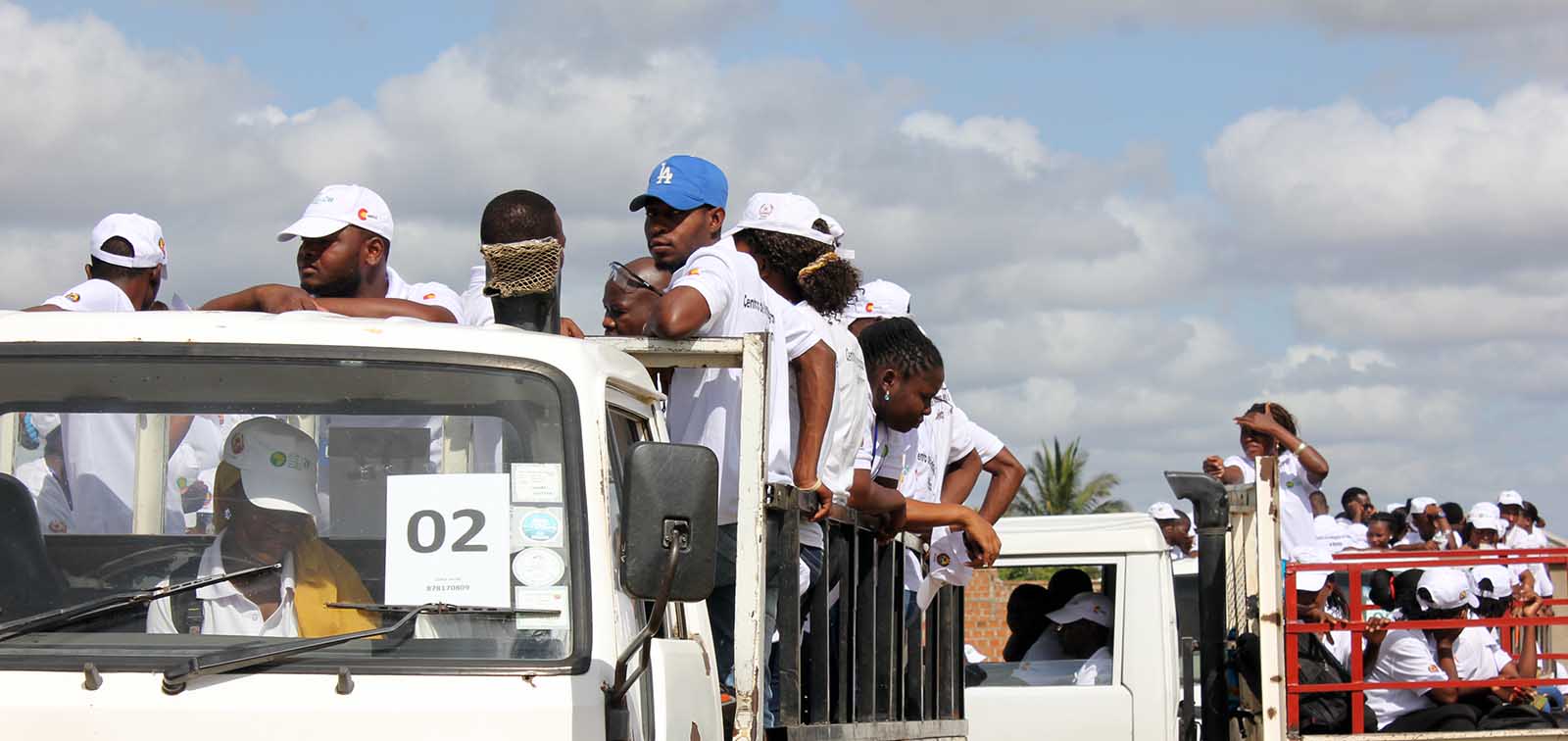Research for Impact on Malaria. An Unremitting Public Health Emergency
The current status of the fight against malaria assessed at a one-day symposium organised by the Ramón Areces Foundation and ISGlobal
06.04.2022
We are at a critical juncture in our fight against malaria. Following a promising period at the start of the 21st century characterised by significant advances, the World Health Organisation’s (WHO) World Malaria Report announced, for the first time in 2017, that progress had stalled. The emergence of the SARS-CoV-2 virus and the global health crisis triggered by the COVID-19 pandemic have only exacerbated the negative trends of earlier years. The upswing, for the first time, in global malaria mortality highlights the continuing public health emergency caused by this disease.
To gauge the current status of the fight against malaria, the Ramón Areces Foundation and the Barcelona Institute for Global Health (ISGlobal), an institute supported by the ”la Caixa” Foundation, held a symposium today in Madrid entitled Malaria: Research for Impact in the COVID-19 Era. Throughout the day, speakers discussed the many challenges facing the global scientific community as well as some of the advances achieved in recent years.
“We need a dual focus in our efforts to consign malaria to the dustbin of history. First, we must implement the existing measures that have been shown to be highly effective. And second, we have to innovate and rapidly develop new strategies offering solutions.” This was the opinion of Quique Bassat, director of the Malaria programme at ISGlobal and the organiser of the event: “It is unbelievable that we, as a global community, should continue to ignore the ongoing public health emergency caused by malaria simply because it is a disease that affects only the world’s poorest countries.”
Malaria in the Context of Multiple Crises
The symposium opened with a round table on malaria in the context of multiple global crises with the participation of Javier Solana, president of the ESADE Center for Global Economy and Geopolitics, Her Excellency Maria Manuela Dos Santos, the Mozambican Ambassador to Spain, and ISGlobal’s Director General Antoni Plasència. The COVID-19 pandemic, the crisis affecting health systems worldwide, climate change and armed conflicts have shaped a very complex panorama everywhere, but particularly in countries plagued by malaria and other diseases associated with poverty. The ambassador emphasised the need for scientific cooperation between countries to meet all these challenges, citing the example of Spain’s strategic investment in the Manhiça Health Research Centre (CISM) in Mozambique. Plasència highlighted “the important role played by research and knowledge translation in emergency preparedness and the response to public health emergencies”. He also called for a greater awareness of the excellence of Spanish research and thanked the Ramón Areces Foundation for its crucial support of ISGlobal’s malaria research.
Artemisinin Resistance in Africa
Betty Balikagala, a researcher from Juntendo University, led a study in northern Uganda between 2017 and 2019 that documented, for the first time, the emergence there of resistance to artemisinin-based combination therapies, the main family of antimalarial drugs in use today. Dr Balikagala stressed the fact that “artemisinin resistance was first detected in Southeast Asia, but the resistant parasites we observed in Uganda were not imported but rather emerged independently in Africa”. She went on to explain that they had detected rapid spread of the mutations in the Plasmodium falciparum parasite throughout the region under study and a “growing risk of resistance spreading to neighbouring areas, a development that would lead to a very serious situation”.
An understanding of the mechanism through which the malaria parasite develops resistance to artemisinin would help researchers to develop better antimalarial treatments. In his contribution, Tobias Spielmann, researcher at the Bernhard Nocht Institute for Tropical Medicine, discussed the biological mechanisms underlying the emergence and propagation of resistant parasites.
Lessons Learned
Throughout the one-day symposium, speakers also shared some hopeful news. The results of the MALTEM programme, a three-year intervention in southern Mozambique that reduced malaria cases and incidence by 85%, provided valuable lessons for global elimination efforts. “Intensive use of the tools we already have to combat malaria can achieve significant reductions in the burden of disease, even if they are not yet powerful enough to interrupt transmission completely” explained Francisco Saúte, director of CISM in Mozambique and principal investigator on the MALTEM programme.
“We need to optimise the strategies that combine the different tools we use against malaria.” maintained Regina Rabinovich, Director of ISGlobal’s Malaria Elimination Initiative and the Malaria Eradication Scientific Alliance (MESA). “The lesson we have learned during the COVID-19 pandemic is that, with the necessary funding and a sense of urgency, rapid progress is possible. To date, malaria has not received enough attention on a global scale, and ensuring sustained funding for the fight against this disease is still a challenge.”
Science in the Fight Against the Malaria Parasite
Throughout history, the malaria parasite has developed a number of mechanisms to evade the insecticides and drugs we use to control it. It is, therefore, vital that the scientific community should continue its research to generate new knowledge that may be applicable to and influence the strategies used to eliminate this disease in the future.
The advent of RTS,S, the new malaria vaccine recently recommended by the WHO for widespread use in Africa, represents a very important milestone in the fight against malaria. “The impact of the vaccine is high in spite of the fact that its efficacy is only moderate” explains Carlota Dobaño, head of ISGlobal’s Malaria Immunology Group. “We do, however, need to gain a better understanding of how it works and why it protects some children and not others. The objective of our current research is to gain a better understanding of the protective immunity conferred by the RTS,S vaccine so as to be in a position to design more effective second generation vaccines.”
Alfred Cortés, an ICREA researcher at ISGlobal, made the point that “understanding the process by which the parasites are converted from the asexual to the sexual form is essential if we want to stop transmission of malaria”.
At the end of the day, Xavier Rodó, the head of ISGlobal’s Climate and Health programme, discussed the direct repercussions of climate change on malaria transmission in densely populated areas in Africa, highlighting the close relationship between climate and health.











